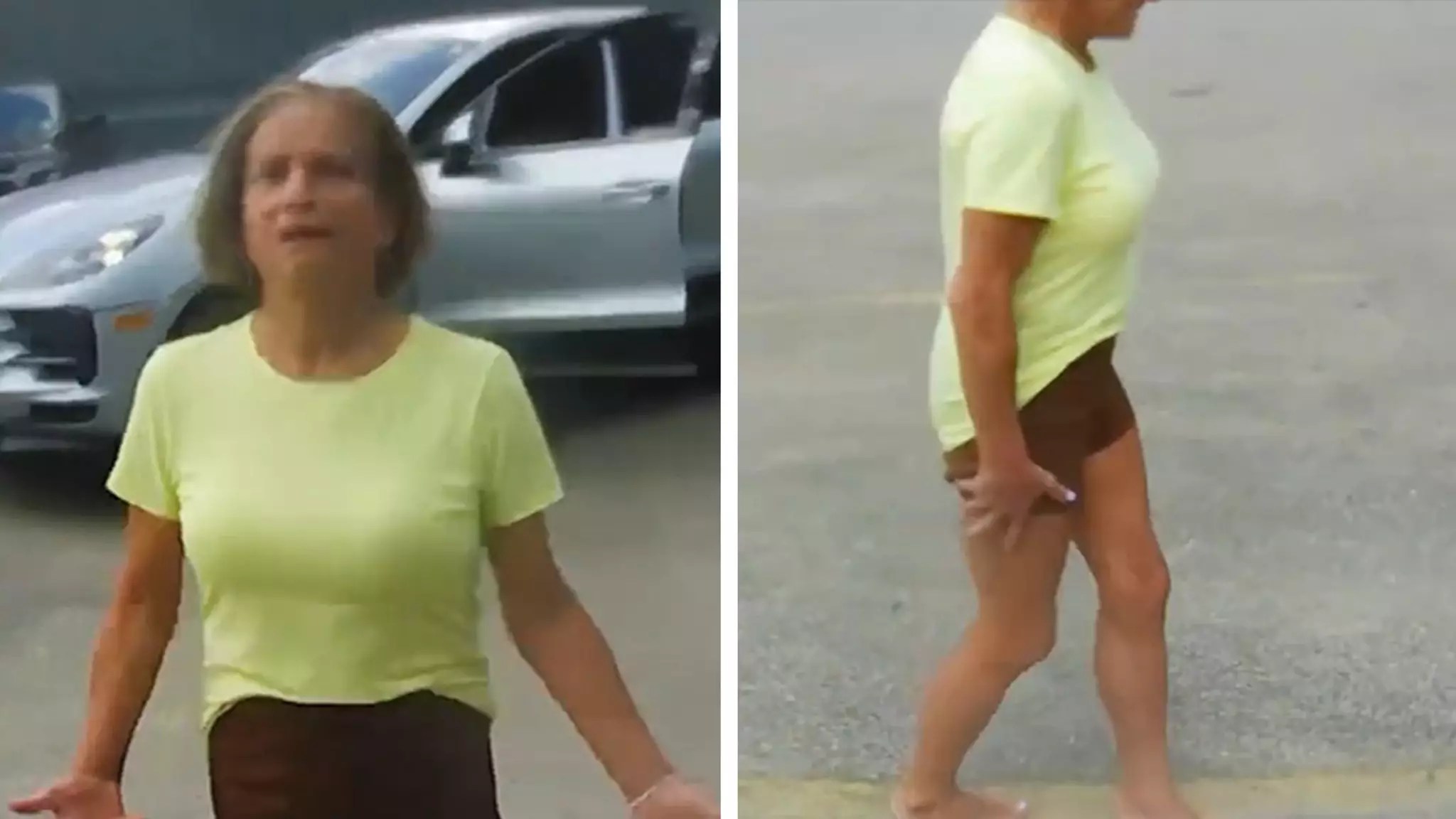The recent release of police footage depicting Olympic gold medalist Mary Lou Retton’s arrest paints a complex picture far beyond her athletic achievements. While headlines tend to focus on her celebrity status and the dramatic moments captured on body camera, a deeper analysis reveals a human being grappling with profound personal struggles. Retton’s proclamation of being “West Virginia’s First Daughter” during the arrest underscores her desire to project strength and pride—but it also hints at an underlying need for recognition and identity beyond her fame. Her insistence on her status during a moment of crisis inadvertently exposes the vulnerability she might be trying to conceal.
Yet, the footage also exposes the often harsh reality faced by public figures when personal issues unfold under the microscope. Retton’s agitation and refusal to comply with sobriety tests are visible signs of distress—whether caused by intoxication, health complications, or emotional turmoil—that extend far beyond a mere legal incident. She appears overwhelmed, voicing her frustration and disbelief at the situation, which many can interpret as a cry for help rather than outright defiance. Her emotional breakdown inside the police station suggests a level of distress that perhaps warrants empathy rather than judgment.
The Stigma of Mental Health and Addiction
This incident shines a glaring spotlight on the stigmatization of mental health and substance abuse issues, especially among those who are celebrated for their accomplishments. Retton’s age, health conditions—she was seen with an oxygen mask—and her subsequent tears reveal her vulnerability. Society often expects athletes and public figures to be paragons of perfection, dismissing the human struggles that lurk beneath polished exteriors. Her plea that she “could die here” underscores the severity of her mental state, possibly hinting at anxiety, depression, or other health challenges that have gone unrecognized or untreated.
The public reaction to her DUI plea—pleading no contest and paying a minimal fine—raises questions about how we perceive substance-related incidents involving celebrities. Is there enough compassion for the behind-the-scenes battles that sometimes lead to such incidents, or do we immediately condemn? The narrative should shift from mere punishment to understanding and providing support. Acknowledging mental health issues is crucial in breaking the cycle of stigma and fostering healing.
Moving Toward Compassion and Support
As Retton publicly accepts responsibility and expresses remorse, her case becomes an urgent reminder that we should approach similar situations with empathy. Behind our screens and headlines, there are individuals with frailties—not just stars, but everyday people—who may be silently fighting battles. Society’s focus should pivot from spectacle to support, advocating for better mental health resources and destigmatizing addiction and emotional distress.
Retton’s experience underscores the importance of viewing celebrities as individuals susceptible to the same vulnerabilities as anyone else. Her story invites us to reflect on how we respond to public figures in distress: do we condemn, or do we extend understanding and aid? As difficult as her situation may be, it also offers an opportunity—a chance to normalize conversations around mental health, health challenges, and the reality of human imperfection. Recognizing this can lead to a more compassionate society that seeks healing over shame.







Leave a Reply